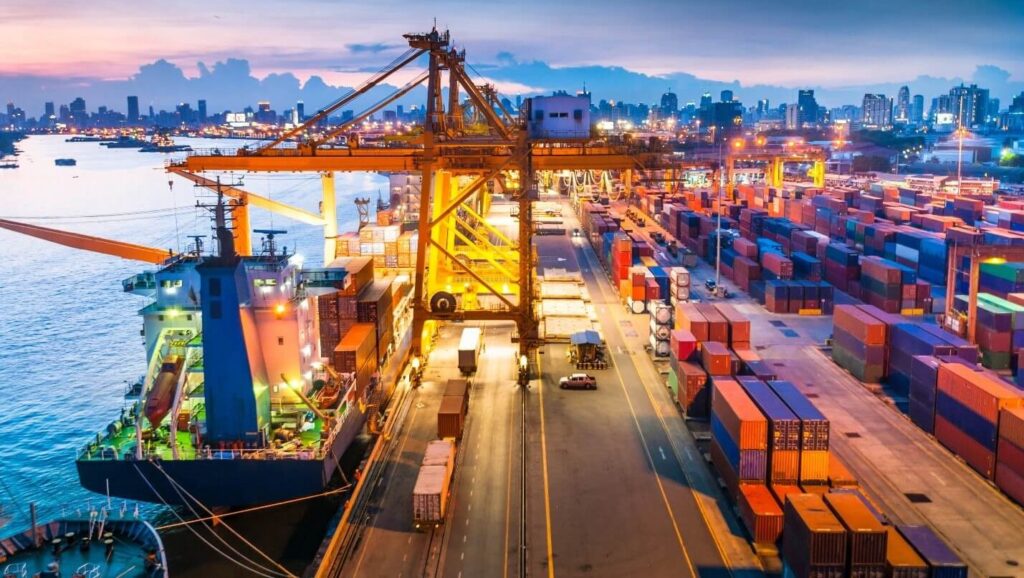
Multiculturalist Ideology (Part One): A Rationale For Race War Politics
An Examination Of The Logic of Multiculturalism

An Examination Of The Logic of Multiculturalism

The BBC recently reported that ONS figures showed that there had been a bounce back for UK exports to the EU following Brexit:
‘Official figures show exports to the EU jumped by 46.6%, £3.7bn, to £11.6bn, following January’s 42% slump when firms struggled with new trade rules. However, the Office for National Statistics said exports were still below last year’s levels and imports from the EU had seen a weaker recovery.’
A government spokesperson was quoted as saying that the statistics showed ‘welcome growth’ in the value of trade with the EU in February:
‘This is in line with our predictions last month as we saw increasing volumes of freight traffic to and from the EU. The vast majority of traders and hauliers have adapted well, and our focus now is on making sure that any business that is still facing challenges gets the support they need to trade effectively with the EU.’
The BBC report further mentioned that UK imports from the EU had risen by ‘7.3%, or £1.2bn in February to £17.1bn, after dropping 29.7% the month before’.
Meanwhile, the BBC report said: ‘Total imports of goods from non-EU countries rose by 10.2% to £17.9bn in February, while exports fell by 10.5% to £12.7bn.’
The BBC report referred to the economic problems not only of Brexit, but also those caused by the Covid-19 pandemic.
So, the BBC presented the figures as a welcome relief that exports to the EU had jumped from their previously low level. That was all.
To repeat, the figures showed that exports to the EU were £11.6bn, while imports from the EU were £17.1bn. Meanwhile exports to non-EU countries were £12.7bn, while imports were £17.1bn. Imports from the EU were around 50% higher than exports, and imports from non-EU countries were around 40% higher. This is ruinous.
UK plc remains a sinking ship (see here).